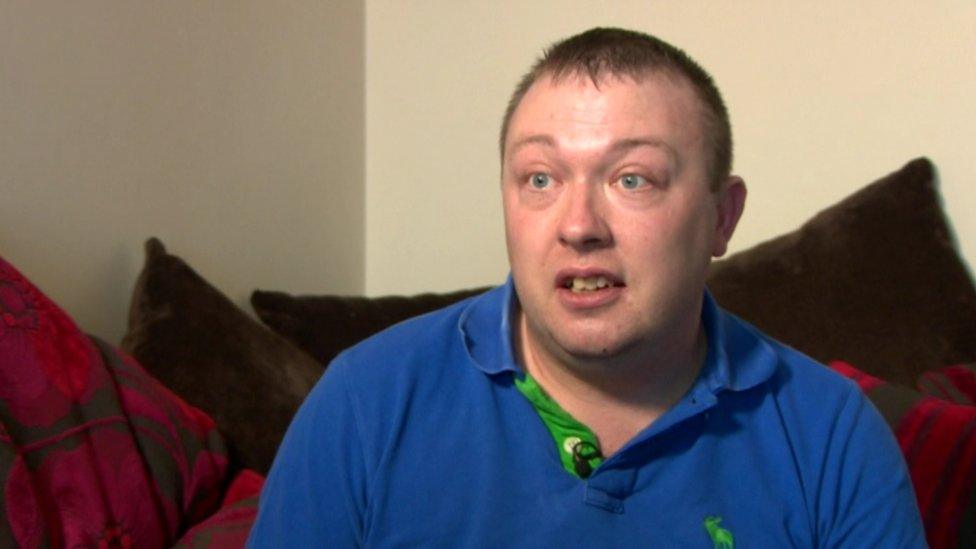County Down couple victim of latest 'Sweden car scam'
- Published

The latest victims of the scam paid £4,850 by bank transfer for a 2010 Ford Kuga
A couple from County Down have been conned out of almost £5,000 after becoming the latest victims of a Swedish car buying scam.
Since March of this year three other people in Northern Ireland have been defrauded of some £13,000 between them.
In the latest incident, the County Down couple paid £4,850 by bank transfer for a 2010 Ford Kuga.
They were told the seller would arrange transport of the car, but it never arrived.
Ian Lowe from Coleraine was also scammed.
He was looking at cars on a second hand car website when he was hooked in by the scam.
He inquired about an Audi.
"It looked a reasonable price for what it was. I tried ringing the number provided but it went to voicemail.
"The following day I got a text message from a woman who provided an email address.
"She told me a whole story about how she had worked in Ikea in Belfast, had the car and had taken it back to Sweden with her and it was no use in Sweden because it was a right hand drive car."

Ian Lowe, from Coleraine, lost £4,000 in a car scam
But the Audi which was apparently being shipped to Belfast never arrived and the £4,000 he wired to another bank disappeared.
"I was devastated to lose that amount of money, with a young family with four children at that time of year and then maybe to be told I'd never see it again."
'All cases identical'
Bill Malloy from the Trading Standards Service urged potential car buyers to be cautious.
He explained how the scam worked: "The scammer says they have worked in IKEA in Belfast or Dublin for seven years and they have now returned to Sweden and the car that they have is right-hand drive and is no use in Sweden.
"So they're prepared to sell the car at a good price and they will arrange transport of the car back to Ireland, north or south."
The correspondence by the seller in all these cases is virtually identical except for details of the cars advertised.
In each of the Northern Ireland cases, a link was sent to the consumers that opened up a specially created website for the fake logistics company.
"Follow the old adage. If something looks too good to be true, it probably is," Mr Malloy said.
"Don't be rushed into sending off money to someone you do not know, however plausible they might sound and even where an approach is personalised."